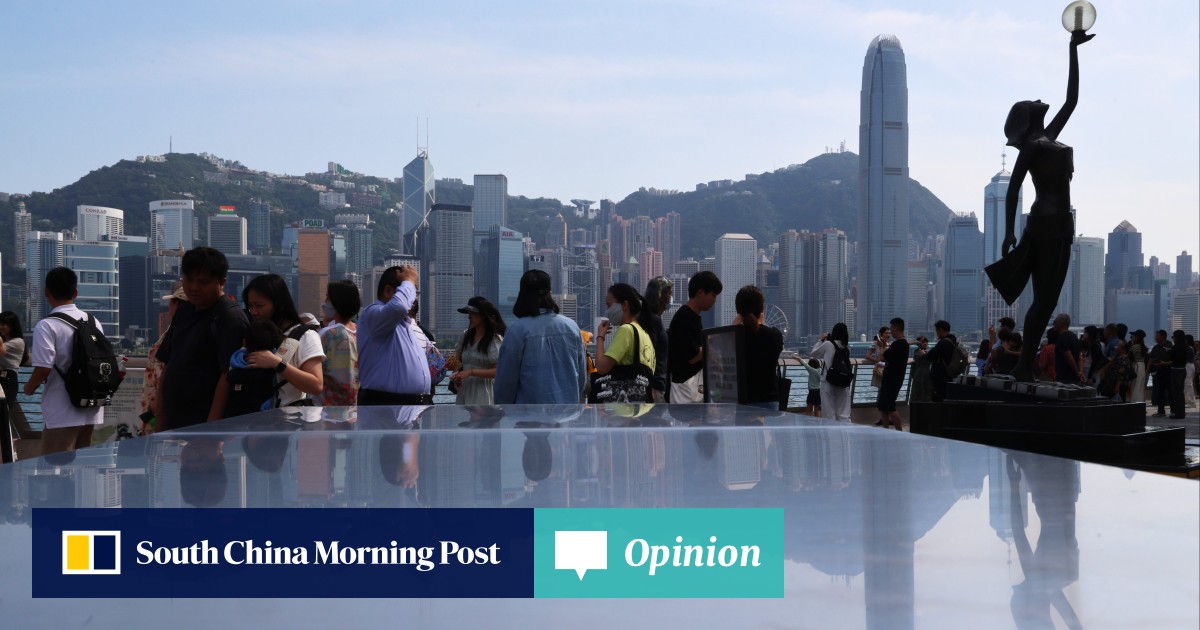It must be driven not by government officials but by people who are recognised as “honest brokers”. The challenging reality for Hong Kong is that it has been fighting an uphill narrative war for more than 30 years. Throughout the 1990s, I took part in hundreds of behind-the-scenes meetings and discussions with visiting think tanks and business groups who were often more interested in lecturing than listening, and who carried deep prejudices.
Some remained impregnably convinced that Chinese troops would swarm across the border in 1997 to swallow up “feisty little Hong Kong”. But many were swayed by discussions with the “honest broker” groups like the Vision 2047 Foundation and the Better Hong Kong Foundation, local businesses and community leaders – as well as simple exposure to Hong Kong and its obviously undiluted freedoms.
The challenge then, as now, was to accurately identify both the voices that would be recognised as “honest brokers” and organisations that might be the most effective channels for unprejudiced discussion and debate.

My argument today would be that our various administrations since 1997 have generally failed to identify or effectively prioritise these voices and channels. This has led to millions of dollars being wasted on ineffective and sometimes vacuous “reputation-building” initiatives. It has allowed ill-informed and maliciously motivated voices to impose a simple prejudiced narrative on Hong Kong’s complex and nuanced story. Rising geopolitical tensions between the US and China have only made the problem worse.
But there are effective things that can be done. The first would be to identify and leverage activity in international organisations in which Hong Kong has a seat at the table. Because Hong Kong is not a country, there are many important international organisations in which we have no direct seat, or where we can only participate as part of a Chinese delegation.

Hong Kong should be showing members of these organisations how we resolve challenges such as managing subsidies and supply chain risks. These would be obvious and effective ways to rebuild our international reputation – showing the intellectual heft the city can bring in our own right to critical trade issues of the day.
Beyond this, the administration could provide better funding for high-quality policy-focused research. How many know about, or use, the valuable insight published by the Trade Development Council’s research department, Our Hong Kong Foundation or the China-US Exchange Foundation?
Who in government has considered providing funds to host or otherwise support Apec-wide research initiatives on key trade policy challenges? Who in our administration has realised that such activity would build a large army of “honest brokers” willing to speak up for the indispensable integrity of Hong Kong’s international contributions?
David Dodwell is CEO of the trade policy and international relations consultancy Strategic Access, focused on developments and challenges facing the Asia-Pacific over the past four decades

